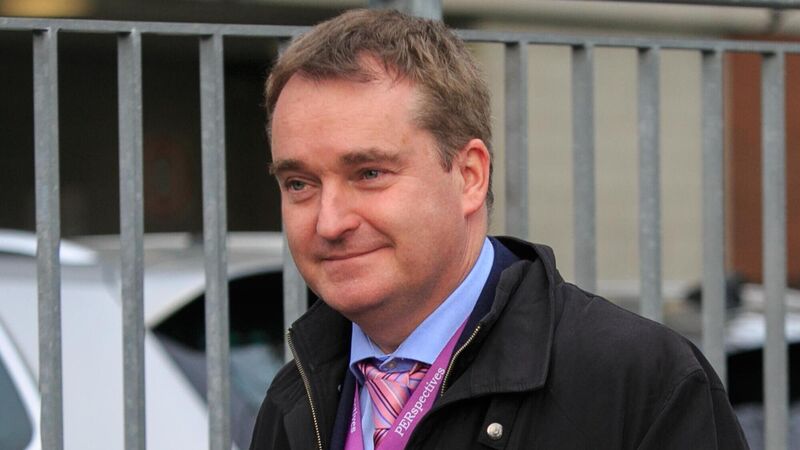Finance Committee likely to question Robert Watt over Department of Health appointment

Robert Watt's new salary is €81,000 more than other top-tier secretaries-general earn. Picture: Gareth Chaney/Collins
The Oireachtas Finance Committee is likely to question Robert Watt over his appointment as the interim secretary-general at the Department of Health, with the Public Accounts Committee to examine the overall issue of high-level appointments.
Three separate Oireachtas committees have demanded answers from the Department of Public Expenditure about the re-assignment of Mr Watt, its former secretary-general, as interim secretary-general in Health and his new salary which, at €292,000, is €81,000 more than other top-tier secretaries-general earn.










